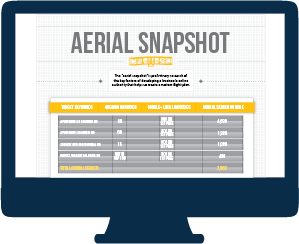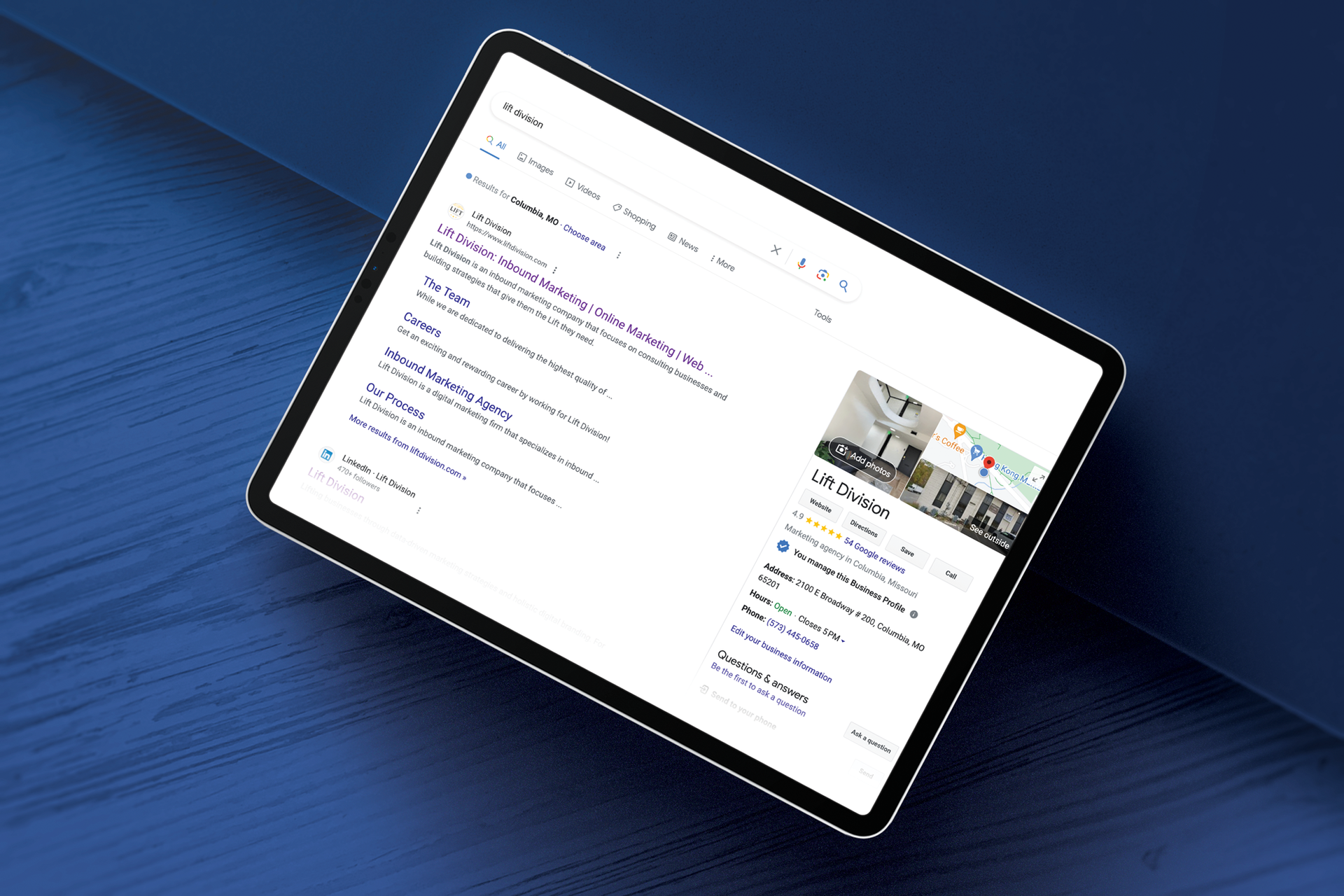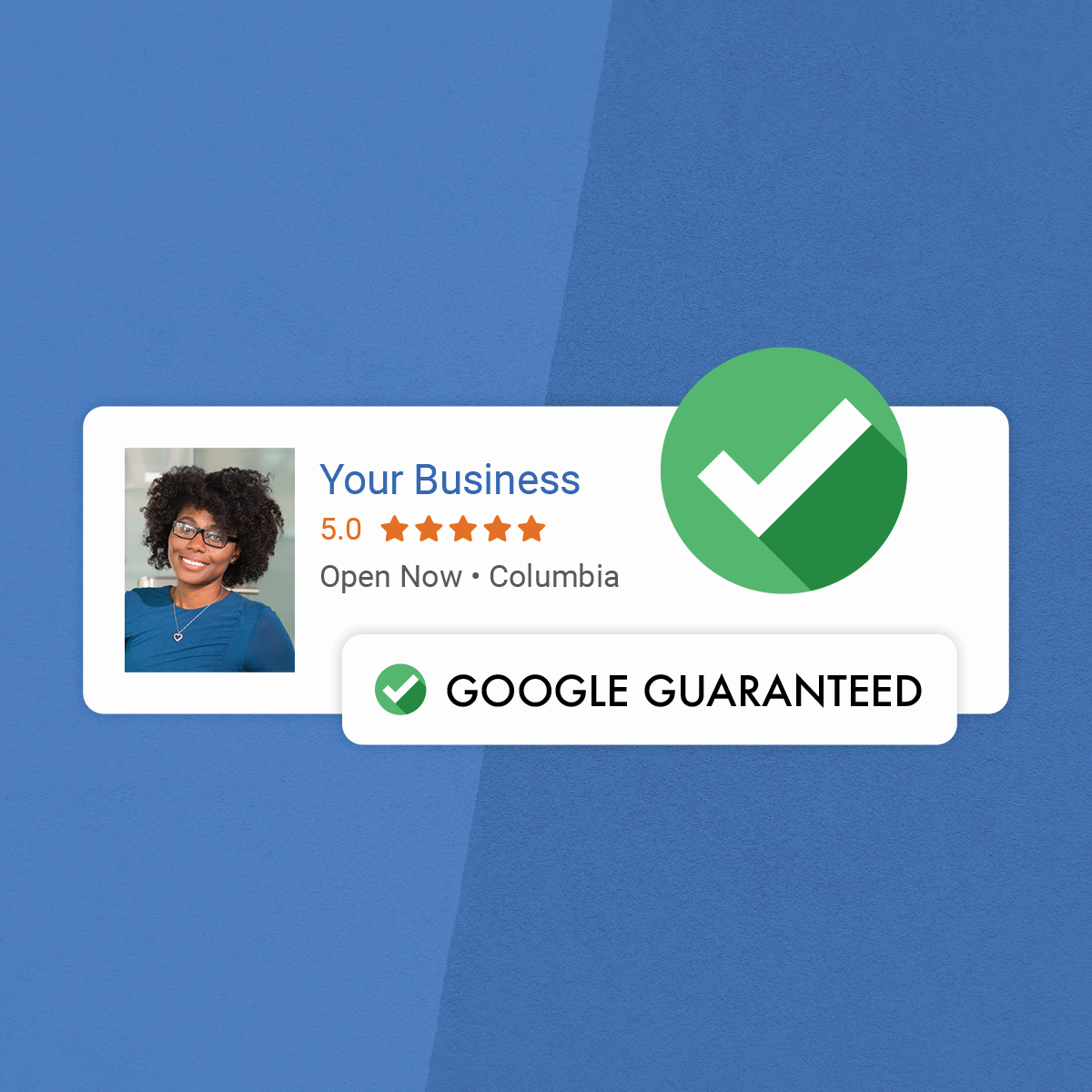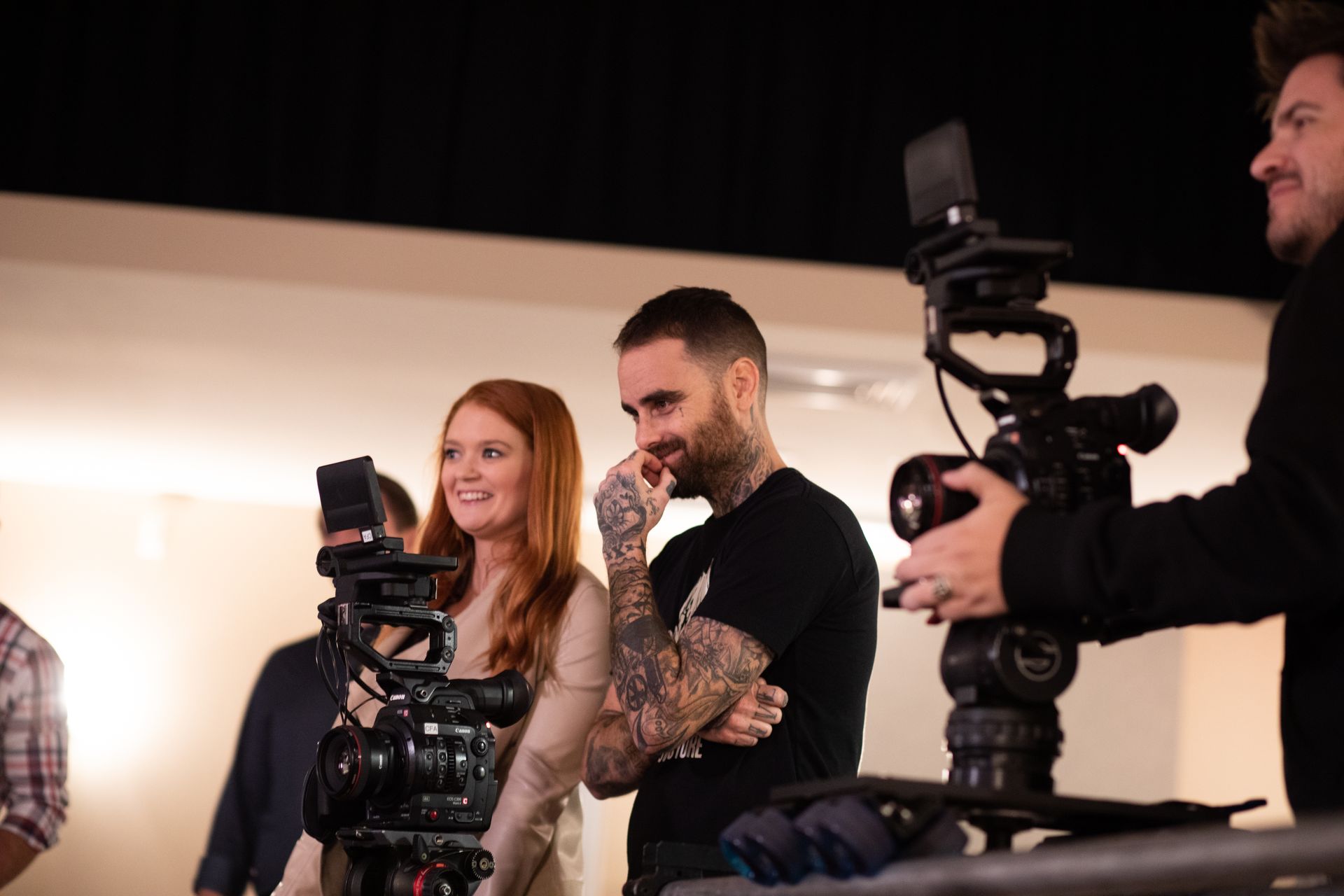Do's and Don'ts of PPC
Sometimes potential clients will mention that they are running an ad on Google with something like a 0.3% click-through-rate (CTR) — which is not good at all. However, what’s even worse is when they will tell me they spent X amount of dollars doing so, and they are not happy with the result. This is where Google gets people who don’t know about the myriad ways to best optimize a paid search campaign.
Google makes most of it’s revenue from ads, so you can see where they might be a little hesitant throw all of the amazing options users have to get the most bang for their buck when it comes to ads. While it’s always a better idea to trust an expert with executing your ad campaign, here are some do’s and don’t’s if you are considering executing a campaign on your own:
Do’s
- Read: There are a lot of great resources out there for you to take advantage of in order to learn about the successful execution of pay-per-click (PPC) campaigns. If you are a beginner, this is a must. Reading all about PPC will help you better understand the Adwords platform, as well as basic strategy to use when creating your campaign. Things are always changing, so make sure to keep up with authoritative sources in case something big happens.
- Keyword Research: Conducting Keyword Research might be the most important step in creating a PPC campaign. You want to make sure that you are only targeting keywords that will bring a qualified searcher to your ad. Long-tail keywords are the best to target, as they qualify the searcher more than short-tail keywords. For instance, let’s say you sell men’s shoes and you carry 20 different brands. In order to ensure you are being efficient with the money you are spending on ads, it would be better to target keywords with the brand of the shoe, such as “Nike mens shoes”, rather than just “mens shoes” or “casual mens shoes.” This will not only bring someone specifically looking for Nike mens shoes to a Nike specific ad you’ve written, but it also safeguards not wasting money on someone who isn’t sure what they are looking to buy.
- Optimize: Optimizing your campaign is incredibly important. Chances are, you are not going to hit a grand slam right off the bat. There will be some areas of your campaign that succeed and some that don’t. Adding and removing targeted keywords, editing copy on underperforming ads, geo-targeting, and adjusting times during the day when your ads run are just a few different ways to optimize your campaign. Use that first month to gather data and set a baseline for you to improve your campaigns performance.
- Edit Match Types: One thing most people don’t realize is that there are three different match types when it comes to keywords: Broad, Phrase and Exact match. More on Broad match later, but for now suffice it to say there are no real advantages to using it. However, there are advantages to using Phrase and Exact. Using Exact match will only allow your ad to show if someone types the keyword you are targeting letter for letter. For example, if I was targeting “Nike mens shoes” with Exact match, my ad would only be eligible to show if someone typed that exact keyword in the search engine. For Phrase match, lets say I’m targeting “Nike mens shoes,” and someone types in “Best Nike mens shoes.” My ad would be eligible to show because the keyword I am targeting was typed in, but since I have it on Phrase match, any other words typed on either end of “Nike mens shoes,” also make the keyword eligible to show.
Don’t’s
- Use Broad Match: As mentioned earlier, Broad match doesn’t really have any advantages. Unless you are in a completely new industry, you are throwing away money if you use Broad match.
“When you use Broad match, your ads automatically run on relevant variations of your keywords, even if these terms aren't in your keyword lists.”
That is an excerpt from Google’s AdWords help page, and what it basically means is that Broad match will not only runs ads for the keyword you are targeting, but it will also run ads for any single word in that keywords. For example, if I am targeting “low carb diet plans,” Google can show ads for keywords such as “carb free food,” “low calorie recipes,” and “Mediterranean diet plans."
In short, if you want to spend your money in the most efficient way possible, target keywords on Phrase or Exact match type.
- Target Short Tail Keywords: An example of a short-tail keyword would be “shoes,” or “running shoes.” The reason that these keywords would be poor choices in a PPC campaign is because they don’t qualify the searcher’s intent. For instance, what if you only sell men’s running shoes and a woman searches “running shoes,” and gets your ad? It doesn’t help her, and it doesn’t help you. Rather, if you targeted “Nike mens running shoes,” you have qualified that your searcher is a man, or someone buying for a man, and they are looking for Nike running shoes. Long-tail keywords are the best route when targeting keywords for ads because it ensures that money you are spending will at least be bringing qualified traffic to the site when people click on them.
- Over-Optimize:
While it is crucial to optimize your campaign, you don’t want to over-optimize it. At Lift Division we typically will optimize a campaign once a month, unless we are adjusting keyword bids, because if you optimize your campaign every other day, you will not be able to get enough data on that change to determine whether or not it was an effective adjustment. When we optimize a campaign, we will make most of our adjustments in one batch. This includes editing ads that performed poorly, adjusting match types for keywords between phrase and exact, adding and removing keywords, adjusting location targeting and adjusting times that ads are eligible to show. We make these changes and then let them run for the next month so that we have 30 days of data to determine what worked and what need to continue to work on.
Running a successful PPC campaign is not easy, but it can substantially increase the amount of business you get or sales you make if executed correctly. While the Do’s and Don’t’s listed above are important, they are just a few of many things that you need to be aware of when developing a campaign.

Jake Bowlby is a Senior Digital Marketing Strategist at Lift Division and has helped hundreds of businesses across Missouri grow sales and profits. Jake has considerable experience helping builders, contractors, restaurateurs and many other industries with brand development and lead generation.
GET A FREE ONLINE MARKETING ASSESSMENT!

Our FREE Aerial Snapshot will:
- Identify Valuable Keywords & Your Current Rankings
- Analyze Your Current Local Presence
- Review Key Performance Indicators on Your Website
- Assess Your Social Media Profiles
- Provide You with a Reputation Analysis







